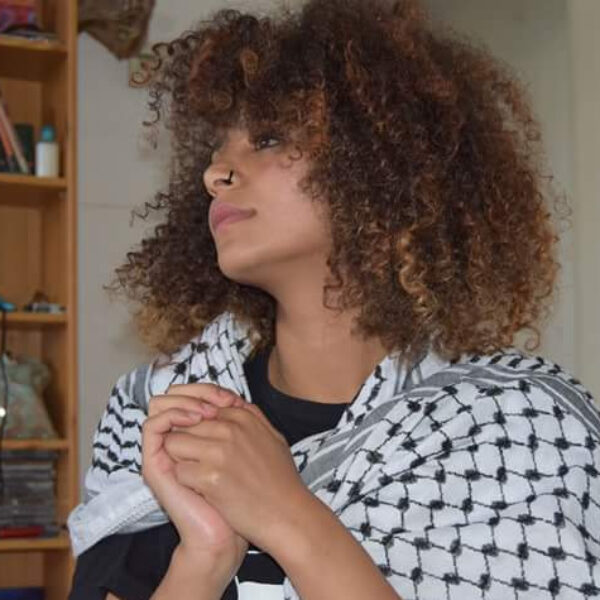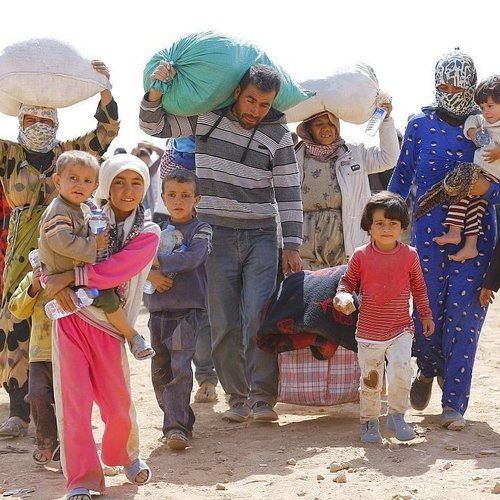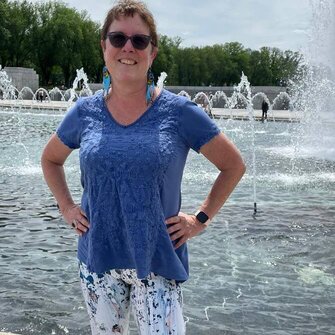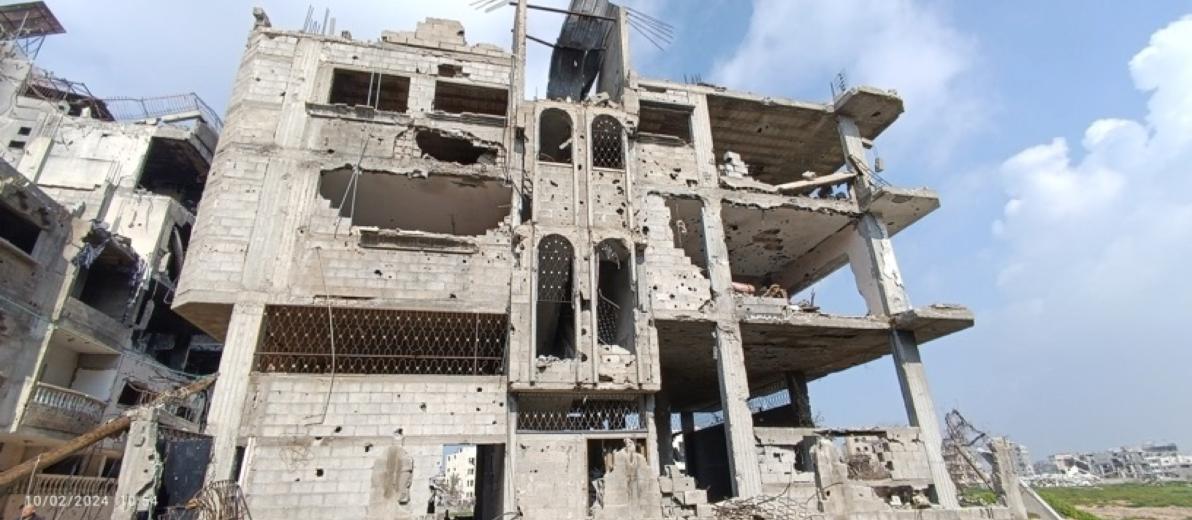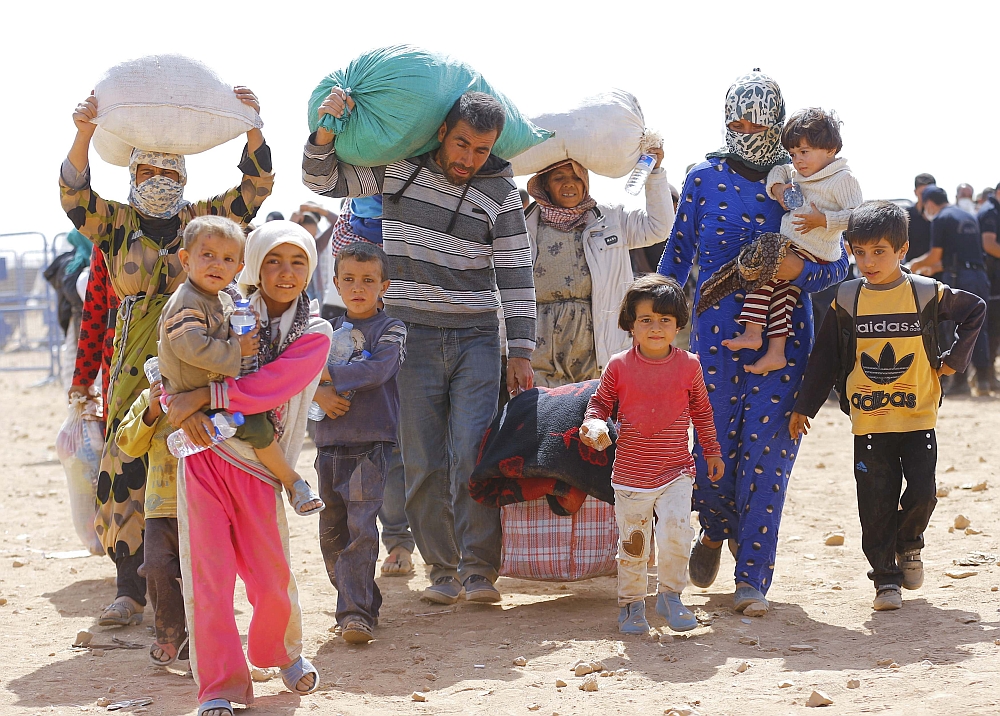
I came from Gaza to Turkey at the age of 18 to pursue an undergraduate degree in journalism. During my five years here, the Middle Eastern countries have undergone many upheavals due to political clashes and wars. Turkey played one of the biggest roles, receiving millions of Syrians, Iraqis, Afghanis, Iranians and refugees of other nationalities fleeing their homelands for a safer place. And although I am a newcomer myself, I feel a responsibility for these displaced people. After all, Palestinians have been displaced from our own ancestral lands for more than 60 years. Their trauma is our trauma.
Almost from the I time I arrived in Turkey, I started searching for an opportunity to help. In 2015, I signed on as a volunteer with the Association for Solidarity with Asylum Seekers and Migrants, working as a registration assistant. I conducted initial interviews with asylum seekers from Arab countries, particularly Iraq and Syria, and entered their personal information into a database so they could apply for refugee status.

Most of the refugees I interviewed came directly from the border to our office. Their clothes were torn and dirty from their journey. Both parents and their children were psychologically and physically exhausted. I could sense their trauma just by looking into their sad, teary eyes. I spent one year hearing these painful stories every day, often featuring ever-present warplanes and the terror of random missiles. They revived memories of the Israeli assault on Gaza in 2008-2009, ones I have tried to suppress. For instance, there was the time we received a call from an unknown Israeli number, with a voice in broken Arabic ordering us to evacuate our house because it would be destroyed in a minute. I remembered the facial expressions of my parents when they shouted at us to leave, not caring about the 20 years of effort they had invested in that house.
Before that, there was my grandmother’s forced eviction from her village in what is now Israel, Beit Jirja. She feared for her children’s lives during their long walk to Gaza (20 kilometers, or about 12 miles). Like the Syrian, Iraqi and Afghan refugees of today, she also thought she would be able to return a few days or weeks later. Instead, she died at the age of 80 with her hope of returning to her village unfulfilled. I wonder: How long will it be before the Syrians can return home?
Yes, these refugees’ trauma is my trauma.
Some stories in particular have left a scar on my soul, making me burst out crying in the middle of an interview and haunting me when I close my eyes and try to sleep at night. One of those stories was told by a 19-year-old Iraqi girl who was a victim twice over—from the ongoing war and from the violent, patriarchal behavior of her husband and family. Her father was kidnapped by unknown militants and she saw his dead body thrown in front of their house. Her husband then forced her to work in the sex trade to help earn money. She didn’t receive the support she expected from her family, so fled on her own to Turkey. What made me cry in this conversation was the way she told it—as if what happened was normal.
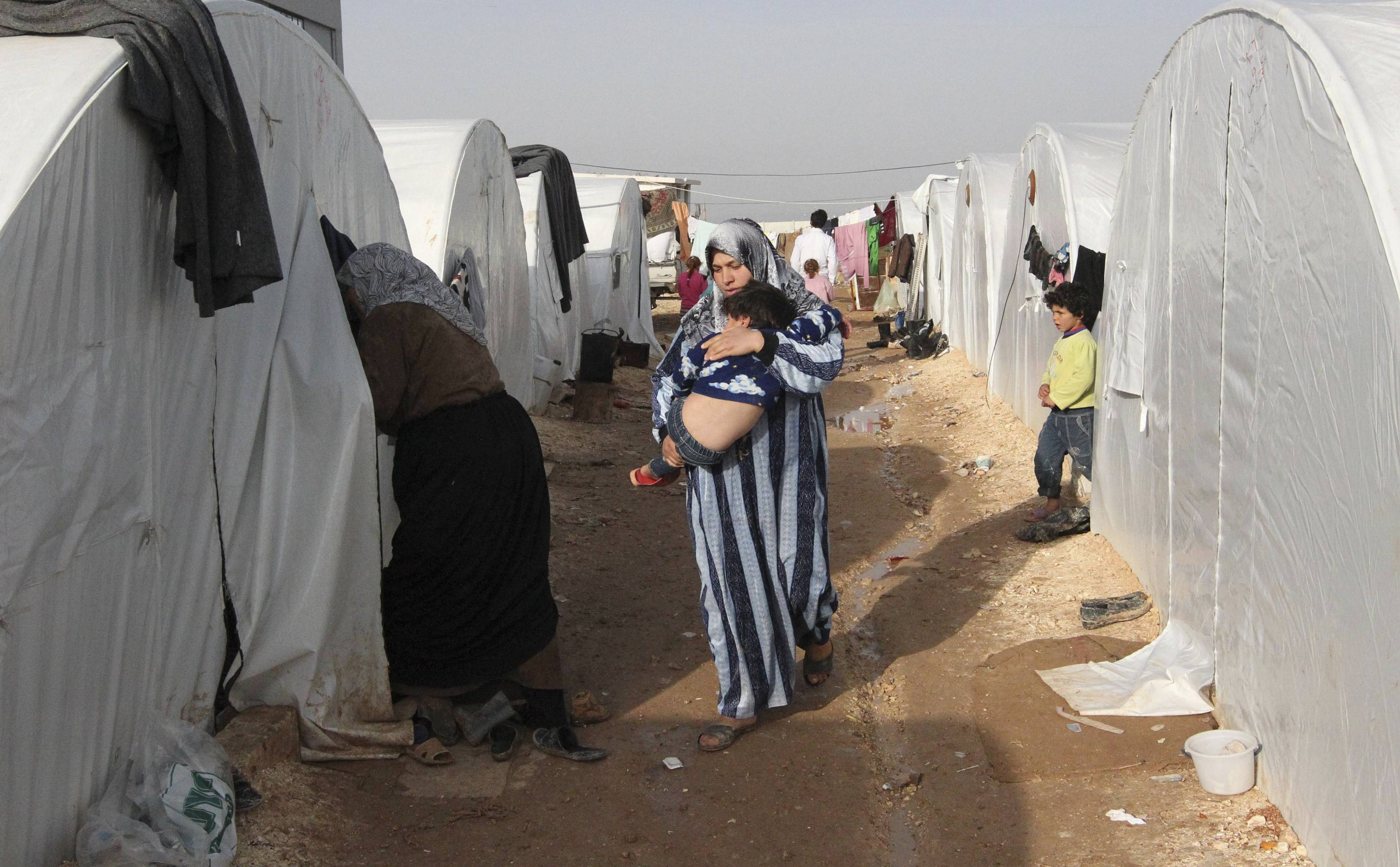
Currently, I am working as a part-time interpreter with the International Organization for Migration. My task is to be the liaison between the European representative and the refugee during the interview held to decide whether he or she will be resettled. Most refugees consider this part of their journey to be the toughest stage, since it decides their destiny. At the same time, they know they are lucky to have been chosen among millions of refugees in Turkey to be considered for settlement in a European country. I feel the parents’ fears that their children might be killed, kidnapped or imprisoned if they return to their home country.
“It is hard to say all of this about my homeland,” a Syrian mother said while wiping away uncontrollable tears. My grandmother’s description of how her own family could not rescue their precious belongings, of fleeing while carrying her two babies to Gaza to escape Zionist attacks, comes to my mind whenever parents talk about their feelings of instability, fear and insecurity.
The most rewarding part of my job is interpreting for children. They are so innocent; they are not aware of the abnormality of their circumstances. I love how excited they get about traveling at the prospect of going to a new country (this time legally), going to school for the first time, meeting “foreigners” and learning another language. I will never forget a 10-year-old Kurdish Syrian girl I met who had been deprived of going to school after her community in Syria was bombed. She had not been to school since, except for a few days. However, she insisted on buying books with her pocket money to learn Turkish, Arabic and Swedish on her own.
I relate the most to youth who are my age. I understand how lost they feel, just like I did when I first arrived in Turkey. They don’t know where they belong. They are not sure whether the beautiful memories of home will beat out the scary ones. They look strong, but their hearts are split into pieces.
I am proud I can help. And over time, I am feeling less guilty about my own relative safety as I do my part to help. In turn, these refugees have strengthened me, expanding my knowledge about political developments in the region and teaching me how thankful I should be for everything I have. These feelings are slowly outweighing my own traumatic memories of life in Gaza and the pain of my loved ones still there.

